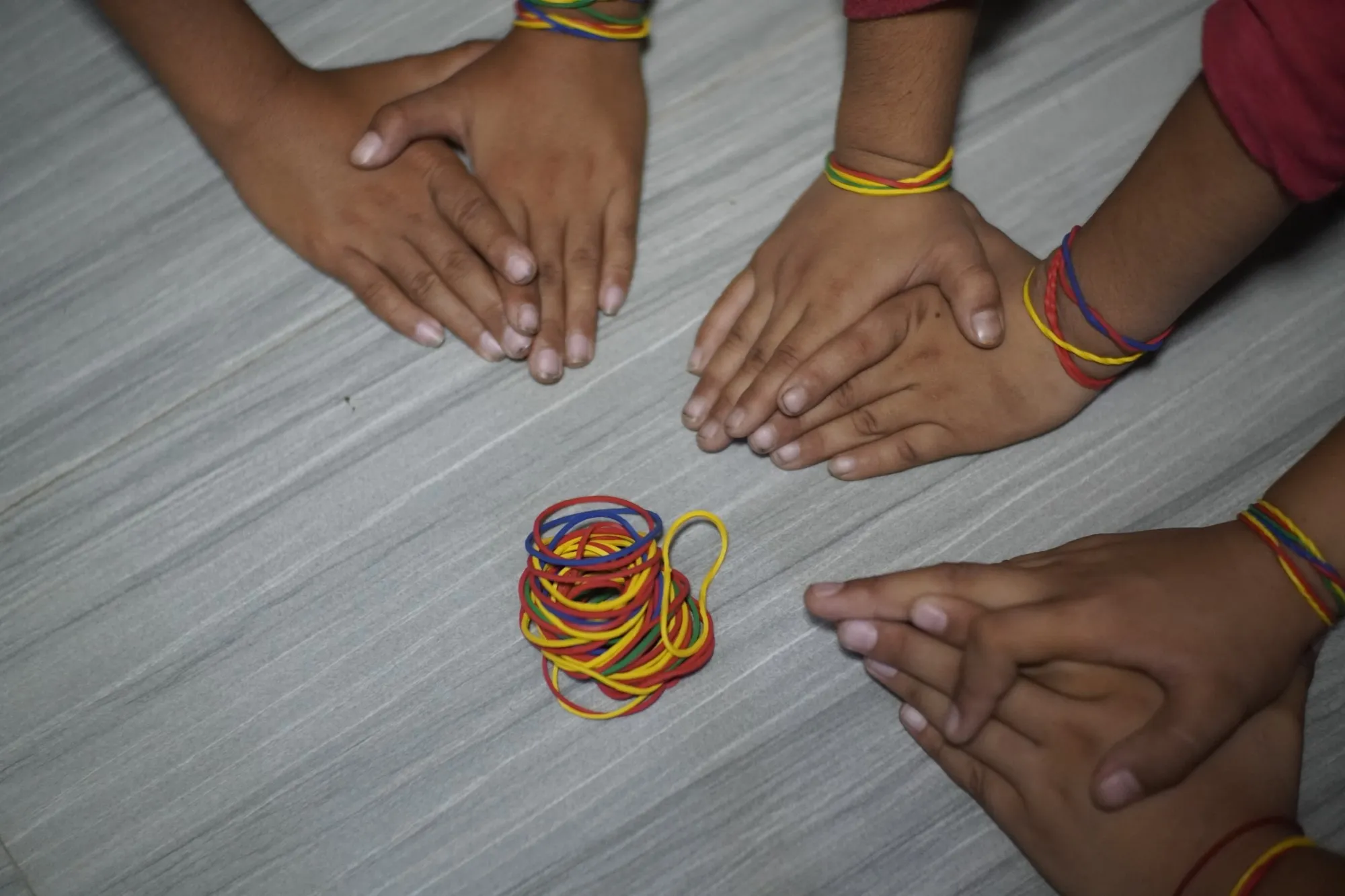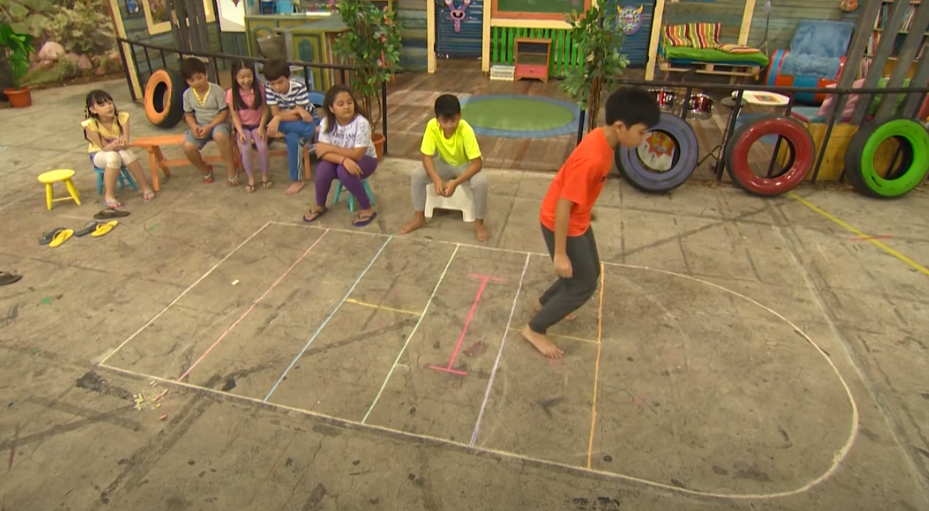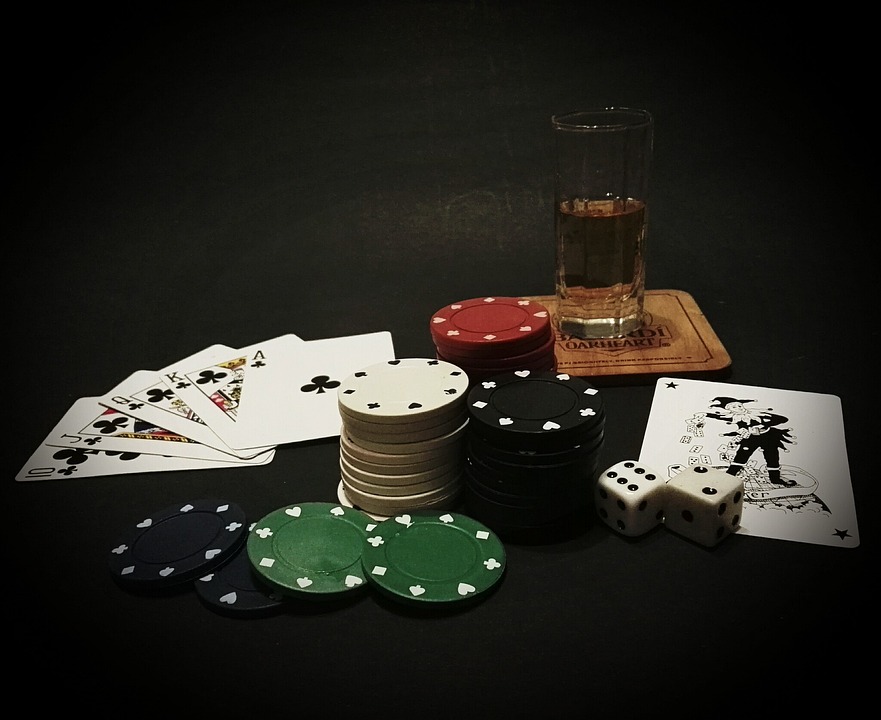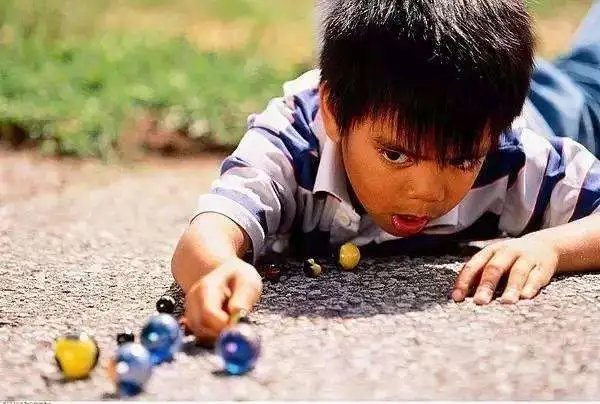May 12, 2023
Monopoly Live: Join the Casino Adventure Now!
In the heart of the Philippines' rich cultural tapestry lies a treasure trove of traditional games known as Larong Pinoy. These time-honored games have captured the attention and enthusiasm of Filipinos for generations. From bustling city streets to serene rural communities, traditional games continue to ignite a sense of joy, camaraderie, and cultural pride among Filipinos. In this article, we will explore the top 10 hottest traditional games in the Philippines, celebrating the enduring spirit and excitement these games bring.
Table of contents [Show]
TOP 1 Larong Pinoys

Dampa: Dampa is a traditional game of lastiko or rubber bands in the Philippines. You can play Dampa on any flat surface with the objective of moving the rubber band forward from the starting line. Usually, players go crazy, hitting their palms on the ground to produce compressed air.
We envy those who use effective hand movements and tactics that create stable air. The game requires a great deal of patience (and a lot of arm strength) if you want to play without fighting over player warnings.
TOP 2 Larong Pinoys

Luksong Tinik: Luksong Tinik, a beloved traditional game in the Philippines, represents the adventurous spirit and enduring resilience of Filipino culture. It embodies the essence of Larong Pinoy, a collection of traditional games that have been passed down through generations. Leaping Over Thorns Luksong Tinik, or "Jumping Over Thorns," leaps onto the list with its thrilling challenges. In this game, players jump over thorny objects arranged in a crisscross pattern. The thorns in the game continue to grow in height, which requires players to increase their agility, flexibility, and to have a fearless mental attitude as the game progresses.
TOP 3 Larong Pinoys

Ten-Twenty: This game is a source of pride for kids who have superior jumping (and cartwheeling!) skills. You can use either a stretched garter or pieces of rubber band tied together. Two players from the opposing team hold each side, while the team that has their turn jumps. It starts at the ankles then on the knees until it reaches the height of the head.
The rules vary depending on what you decide on. You can either end the count by stepping on the string (“tapak”) or outside. There is also the Tinikling version of Ten-Twenty similar to how the dance goes, and plain old Chinese garter game. Usually, once it reaches the head, it turns into a play of Limbo Rock. So, gather your friends, grab a garter or rubber band, and engage in the thrilling world of Larong Pinoy.
TOP 4 Larong Pinoys

Tumbang Preso: Topple the Can Tumbang Preso, a beloved game of strategy and precision, earns a spot on the list. Players aim to knock down a tin can by throwing a slipper or soft object at it, while a designated player guards the can. The intense competition and skillful aim make Tumbang Preso a must-play game during gatherings and outdoor festivities.
TOP 5 Larong Pinoys

Piko: Hopscotch Delight Piko, a timeless classic, skips its way into the top 10. This game challenges players to hop through a grid drawn on the ground, using one foot or both feet, following a specific pattern. Piko not only encourages physical activity but also enhances balance, coordination, and counting skills.
TOP 6 Larong Pinoys

Sack Race: Larong Pinoy's Sack Race is a cherished tradition full of laughter, friendly competition, and cherished memories. A sack race shouldn't be left out of any list of traditional games in the Philippines. Participants hop towards the finish line with both legs inside a large sack or bag. In my experience, this game never fails to elicit laughter, competitive spirits, and lasting memories every time I play it.
TOP 7 Larong Pinoys

Agawang Panyo: Capture the Flag, Filipino Style Agawang Panyo, the Filipino version of "Capture the Flag," adds its own unique twist to the game. Two teams compete to capture the opponent's handkerchief while defending their own. This game highlights teamwork, strategy, and quick reflexes, bringing out the best in its spirited participants.
TOP 8 Larong Pinoys

Tongits: Tongits is a beloved card game that has become a classic part of Larong Pinoy, the collection of traditional games in the Philippines. This engaging game is played with a standard deck of cards and has captured the hearts of Filipinos of all ages.
In Tongits, players aim to form sets and runs of cards to achieve the lowest point value possible. The game combines skill, strategy, and a bit of luck, making it an exciting and competitive choice among traditional Filipino games.
TOP 9 Larong Pinoys

Holen: The Marble Craze Holen, also known as "marbles," has been a beloved pastime among Filipino children for generations. Players take turns shooting their marbles into a designated playing area, aiming to knock their opponents' marbles out of the ring. This game requires precision, strategy, and a keen eye, making it a popular choice among enthusiasts of all ages.
TOP 10 Larong Pinoys

Pabitin: Last but certainly not least, Pabitin adds a touch of excitement to any celebration in the realm of Larong Pinoy. A bamboo trellis filled with various prizes is suspended in the air. Players stand below, reaching and grabbing for their desired prizes as the trellis is lowered and raised intermittently. The challenge lies in timing and dexterity as participants strive to claim their rewards before they disappear from their grasp.
Larong Pinoy, with its vibrant collection of traditional games, continues to ignite the spirit of fun, unity, and cultural pride among Filipinos. From the classic showdown of Dampa to the artful of Pabitin, these games have stood the test of time, captivating both the young and the young at heart. As we celebrate the top 10 hottest traditional games in the Philippines, let us remember the value they hold in fostering physical activity, social interaction, and the preservation of Filipino cultural heritage. Let us continue to embrace and pass on these treasured games to future generations, ensuring that the flame of Larong Pinoy burns brightly for years to come.











